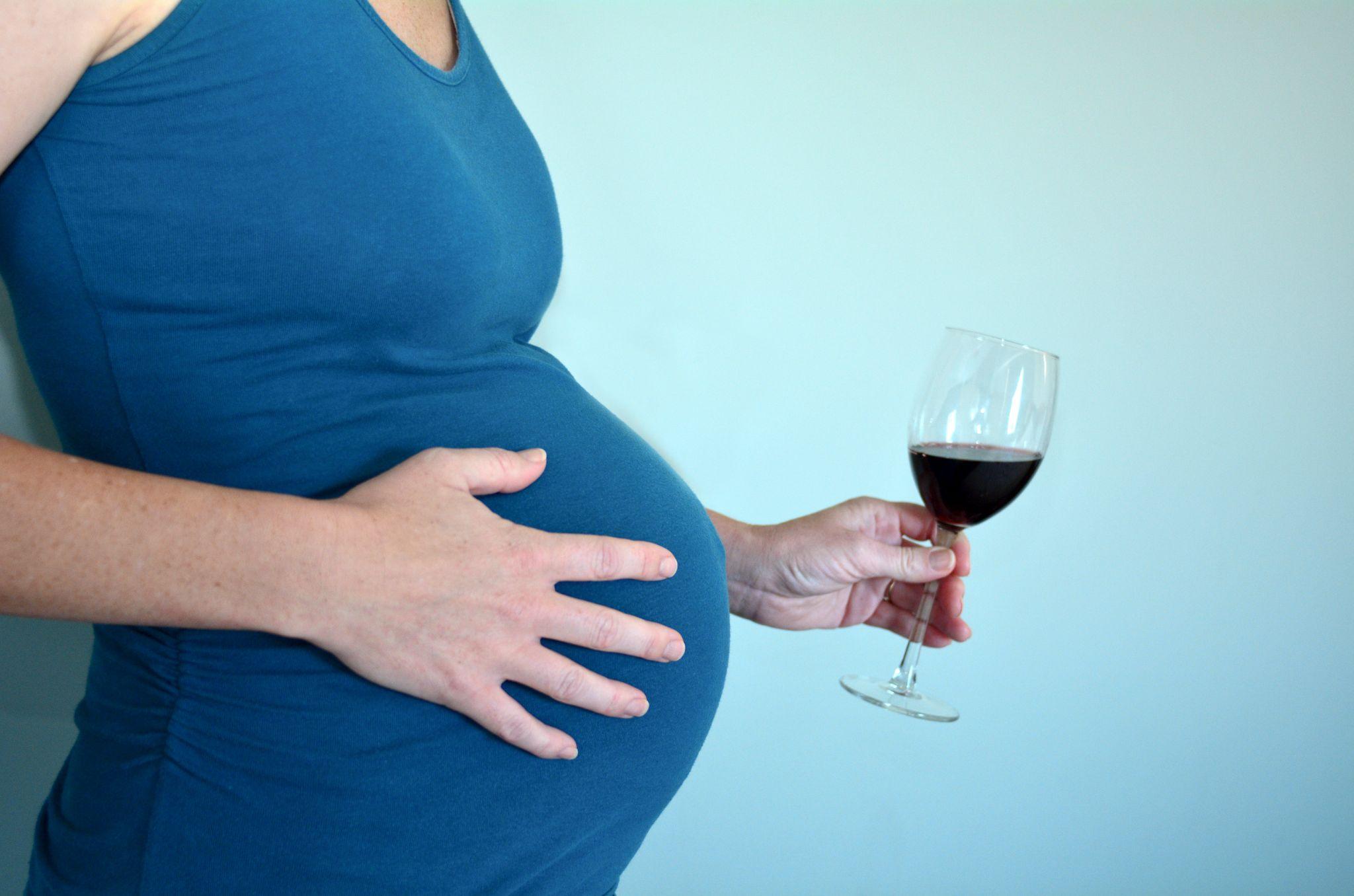Fetal alcohol syndrome (FAS) is a serious condition that affects a child’s development and health due to prenatal alcohol exposure. This syndrome is part of a group of conditions known as fetal alcohol spectrum disorders (FASD).
The National Institute on Alcohol Abuse and Alcoholism reports that between 1-5% of children in first grade in the United States have FASD, and almost 10% of pregnant women report consuming alcohol during pregnancy.1
While FAS can cause lifelong physical, behavioral, and cognitive problems, it is entirely preventable. Understanding FAS is crucial, especially for those struggling with addiction and their loved ones, as it sheds light on the significant impact of alcohol on unborn children and highlights the challenges faced by pregnant individuals who cannot stop drinking.
Fetal Alcohol Syndrome Explained
Fetal alcohol syndrome occurs when a developing fetus is exposed to alcohol before birth in the womb. There is no safe amount of alcohol to consume while pregnant because it can cross the placenta, impacting the baby’s brain, heart, and other vital organs.
The severity of FAS varies, but common developmental disabilities and birth defects include distinct facial features, growth deficiencies, and central nervous system problems. Some of the signs and symptoms of fetal alcohol syndrome include:2
Facial Features
- Small head size
- Thin upper lip
- Smooth philtrum (the groove between the nose and upper lip)
- Small eye openings
- Flat nasal bridge
Growth Deficiencies
- Below-average height and weight
- Slow growth before and after birth
Central Nervous System Problems
- Poor coordination and motor skills
- Learning disabilities
- Attention and memory problems
- Hyperactivity
- Poor problem-solving and judgment skills
Behavioral Issues
- Difficulty with social interactions
- Impulsiveness
- Trouble adapting to change or transitions
Other Physical Issues
- Heart defects
- Kidney and bone problems
- Hearing or vision problems
In addition to these effects, children with FAS often face long-term challenges. These can include social difficulties, mental health problems such as anxiety and depression, and an increased risk of substance abuse later in life. Early intervention and supportive therapies can improve outcomes, but the prevention of alcohol exposure during pregnancy remains the most effective strategy for avoiding FAS.
Fetal Alcohol Syndrome and Addiction
From an addiction perspective, understanding why someone who is pregnant might not be able to stop drinking is essential. Addiction is a complex disease that involves physical and psychological dependence on substances. For some, the urge to drink alcohol can overpower the knowledge of its risks, including the potential harm to an unborn child.
Physical Dependence
Physical dependence on alcohol means the body has adapted to the presence of alcohol and needs it to function normally. Withdrawal symptoms can be severe and include anxiety, tremors, seizures, and even life-threatening complications. This physical need for alcohol can make quitting extremely difficult for a pregnant person, even with the awareness of the risks involved.
Psychological Dependence
Psychological dependence includes the emotional and mental aspects of addiction. A person may drink to cope with stress, trauma, or other mental health issues. The emotional grip of addiction can be incredibly strong, making it hard for someone to stop drinking even when pregnant. For many, alcohol becomes a way to self-medicate, creating a cycle of dependency that is difficult to break without professional help.
Co-Occurring Disorders
Many individuals with alcohol addiction also suffer from co-occurring mental health disorders such as depression, anxiety, or PTSD. These conditions can exacerbate the need for alcohol as a coping mechanism, making it even more challenging to quit. The interplay between addiction and mental health issues requires comprehensive treatment that addresses both aspects.
Lack of Support
Pregnant individuals with addiction may also lack adequate support systems. They might be afraid to seek help due to stigma or fear of judgment. The shame and guilt associated with drinking during pregnancy can prevent them from reaching out to loved ones or professionals for assistance. This isolation can worsen the addiction and make it harder to seek the necessary help.
What to Do If You’re in This Situation

If you are pregnant and struggling with alcohol addiction, or if you are a concerned loved one of someone who is, there are steps you can take to seek help and support.
- Seek professional help. The first and most crucial step is to seek professional help. This could involve consulting with a healthcare provider, an addiction specialist, or a counselor. Medical professionals can provide a safe and supportive environment to address both pregnancy and addiction.
- Detox under medical supervision. If physical dependence on alcohol is present, a medically supervised detox is essential. Detoxing without medical help can be dangerous for both the pregnant person and the baby. Healthcare providers can offer treatments to manage withdrawal symptoms safely.
- Access prenatal care. Regular prenatal care is vital for monitoring the health of both the mother and the baby. Prenatal visits can also be a time to discuss alcohol abuse and receive guidance on managing addiction during pregnancy.
- Find support groups. Support groups, such as Alcoholics Anonymous (AA) or specialized groups for pregnant women with addiction, can provide a sense of community and shared experience. These groups can offer emotional support and practical advice for managing addiction.
- Engage in therapy. Therapy, such as cognitive behavioral therapy (CBT) or individual therapy, can be beneficial in addressing the underlying issues related to addiction. Therapy can also help develop coping strategies to avoid alcohol and maintain sobriety.
- Create a support network. Building a strong support network of family and friends who understand the challenges of addiction can make a significant difference. Loved ones can offer emotional support, help with practical needs, and encourage the pregnant person to stay on track with their recovery.
Start Your Journey to Sobriety With Lumina Recovery
Fetal alcohol syndrome is a serious condition that highlights the dangers of alcohol use during pregnancy. For those struggling with addiction, stopping alcohol consumption can be an immense challenge. With the right support and resources, it is possible to overcome addiction and prevent fetal alcohol syndrome.
Lumina Recovery’s programs for alcohol use disorder and dual diagnosis are crucial for anyone looking for addiction support.
Get help and support for alcohol addiction and ensure a healthy future for both mother and baby.
Sources:


